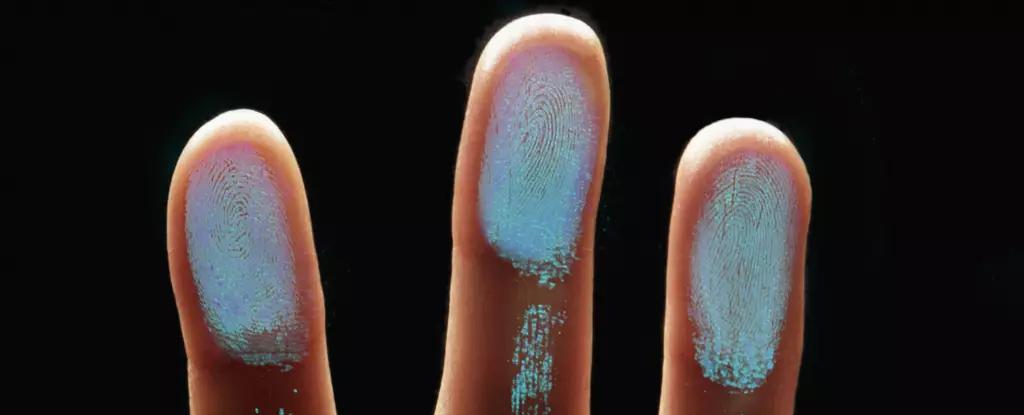From the delicate fragrance of blooming flowers to the distinctive scent of a loved one, odors are an integral part of our lives. What you may not realize is that not only are you constantly surrounded by scents, but you are also producing your own unique aroma. Recent research has shed light on the complex factors that influence human odor, including genetics, microbial interactions, and external factors. In this article, we delve into the intriguing world of scent and explore how it can be utilized in various domains, from forensics to healthcare.
Your scent is not fixed but rather a result of a complex interplay of various factors. One of the key influencers of body odor is a group of genes called the major histocompatibility complex. These genes, which are involved in the body’s immune response, are believed to encode the production of specific proteins and chemicals that contribute to body odor. Genetic variations in these genes can lead to individual differences in scent composition, making it a unique identifier for each person.
As sweat, oils, and other secretions reach the surface of your skin, they become an enticing feast for microbes. These tiny organisms break down and transform the compounds present in your secretions, resulting in the distinct odors that emanate from your body. The combination of volatile organic compounds (VOCs) produced by these microbial interactions creates a scent medley that not only surrounds you but also settles into your immediate environment. This phenomenon allows your scent to be used for tracking, locating, and even identifying individuals.
Human scent analysis has emerged as a valuable tool in forensic investigations. Canine scent detection units have demonstrated their remarkable ability to follow scent trails left behind by specific individuals. This practice relies on the assumption that each person’s scent is distinct enough to be distinguished from others. Notably, human scent analysis has proved its discriminating potential, surpassing the limits of DNA evidence. In a groundbreaking experiment, a dog successfully differentiated between identical twins living apart under different environmental conditions using scent alone.
Over the years, researchers have made significant strides in unraveling the complex composition of human scent. Studies have identified differences in odor composition that can be classified based on various factors such as sex, gender, race, and ethnicity. For instance, a study involving 105 participants demonstrated that specific combinations of 15 VOCs collected from hands could distinguish between different racial and ethnic groups with a high accuracy rate. Additionally, machine learning models have been developed to predict a person’s biological sex based on their hand odor with remarkable accuracy.
Human scent analysis also holds promise in the field of healthcare. Seizure and diabetic alert canines have proven invaluable in providing early warnings to individuals with specific conditions. These highly trained dogs can detect changes in body odor associated with seizures or fluctuations in blood glucose levels. Furthermore, research has revealed that dogs can be trained to detect cancer and even identify individuals infected with COVID-19 based on the unique scent profiles associated with these conditions. Similarly, laboratory analysis of hand odor samples has shown promise in discriminating between COVID-19 positive and negative individuals with a significant accuracy rate.
While human scent analysis has demonstrated its potential applications, it is still a developing field. Further research is necessary to deepen our understanding of the individuality of human scent and to explore its wider implications in forensic and biomedical labs. As we continue to unlock the secrets of human odor, this fascinating science has the potential to revolutionize various domains, from criminal investigations to medical diagnostics.
Human scent is a captivating and intricate aspect of our lives. From the genetic factors that shape our unique odor profiles to the microbial transformations that add complexity to our scent compositions, the science behind human odor is a treasure trove of knowledge. Through the lenses of forensics and healthcare, we have explored the diverse applications of human scent analysis, proving its invaluable role in these fields. As research in this area expands, we can anticipate even more exciting discoveries that will enhance our understanding of human scent and its limitless possibilities.


Leave a Reply